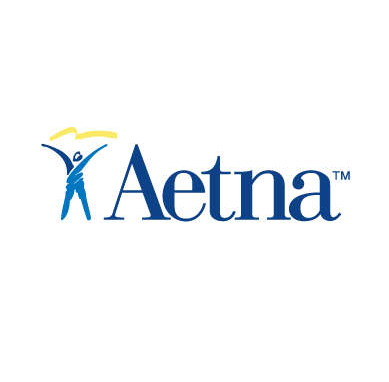The passage of Obamacare has created uncertainty in the health care sector. As the landmark health care legislation nears full implementation, many investors still do not know exactly what is in the law, or what impact it will have on companies in the sector. However, the uncertainty has created opportunity for long-term investors.
One area of the health care sector that is particularly uncertain is managed care organizations. Companies like Aetna Inc. (NYSE:AET), WellPoint, Inc. (NYSE:WLP), and UnitedHealth Group Inc. (NYSE:UNH) face increased regulatory oversight and stricter pricing controls as a result of the law. It is difficult to determine to what extent these companies’ earning power will be impaired, but investors who can put forth a well-reasoned estimate will be in the best position to profit from the uncertainty.
Gauging the effect of Obamacare
At 12 times earnings and 13 times 2012 free cash flow, Aetna Inc. (NYSE:AET) is a compelling investment based on trailing results. But, Aetna’s trading discount is not without merit; its volatile underwriting track record is among the worst in the group. If Aetna cannot get a handle on its underwriting performance, it is unclear as to how the company will cope with the increased burden of Obamacare.
Of course, the market is focused on Aetna Inc. (NYSE:AET)’s poor underwriting track record and has failed to notice everything the company has going for it. For instance, the company’s acquisition of Coventry Health Care extends its customer base, thereby increasing its bargaining power with providers. This should offset much of the margin pressure brought on by Obamacare.
At first glance, WellPoint, Inc. (NYSE:WLP) and UnitedHealth Group Inc. (NYSE:UNH) both look more attractive than Aetna Inc. (NYSE:AET); WellPoint trades at just 9 times earnings and 11 times free cash flow, while UnitedHealth trades at 12 times earnings and 10 times free cash flow. However, only one of the two is clearly undervalued.
WellPoint has struggled to grow revenue over the last several years; any additional competition brought on as a result of Obamacare could be devastating to its future earnings power. In addition, the company’s key business partner, Blue Cross and Blue Shield, requires WellPoint, Inc. (NYSE:WLP) to keep an inordinately conservative balance sheet, thereby reducing the risk that management can take in search of profit and decreasing the amount of capital that can be distributed to shareholders.
Meanwhile, UnitedHealth Group Inc. (NYSE:UNH)’s large provider network attracts customers who want greater flexibility. Since UnitedHealth’s product is better than others for many demographics, it attracts a wide customer base. The larger the customer base, the more bargaining power it gains, which enables it to earn higher margins. Higher margins enable it to lower prices, which starts the cycle all over again. Basically, size matters in this industry and UnitedHealth Group Inc. (NYSE:UNH) has it.





